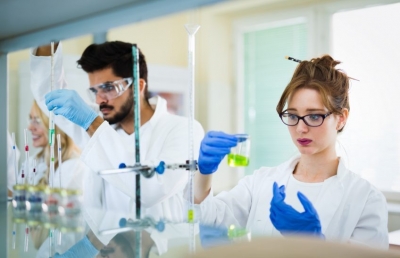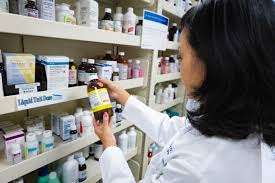
I am doing Pharmacy (third year). Please suggest various exams that I need to answer to get admission for Master’s of Pharmacy and any good colleges for this in India? What jobs can I apply for with a Master’s degree? I would also like to know about Pharm. D.
Masters in Pharmacy as a post-graduate academic degree is for 2 years spread over four semesters. Doctor of Pharmacy (Pharm. D) is a six-year programme for which eligibility is 10+2. It includes five years of academics and one year of training sessions. But for those who have completed B. Pharm., the duration of Pharm. D reduces to three years, which includes one compulsory year of residency or internship.
Institutes offering these courses are: University Institute of Pharmaceutical Sciences, Chandigarh, Bombay College of Pharmacy, Mumbai; IITBHU, etc.
Admission process for these courses varies across colleges. Most institutes offering these courses select students based on their performance in a relevant entrance test. Some Institutes admit students on the basis of marks scored by them in Bachelor’s degree programme, while some conduct their own entrance tests.
Some of the major entrance examinations are: GPAT (Graduate Pharmacy Aptitude Test); UPSEE Pharmacy (Uttar Pradesh State Entrance Examination); BITS HD Pharmacy (Birla Institute of Technology Higher Degree Pharmacy), National Institute of Pharmaceutical Education and Research Joint Entrance Exam (NIPERJEE).
Both courses have their own significance. If one wants to work in production of drugs, M. Pharm. In pharmaceutics/pharmaceutical analysis/industrial pharmacy is the best choice. If one is willing to learn and work in clinical and hospital setting then M. Pharm. In pharmacology/pharmacy practice and Doctor of Pharmacy (Pharm. D) is the best choice.
Picture Credit : Google


